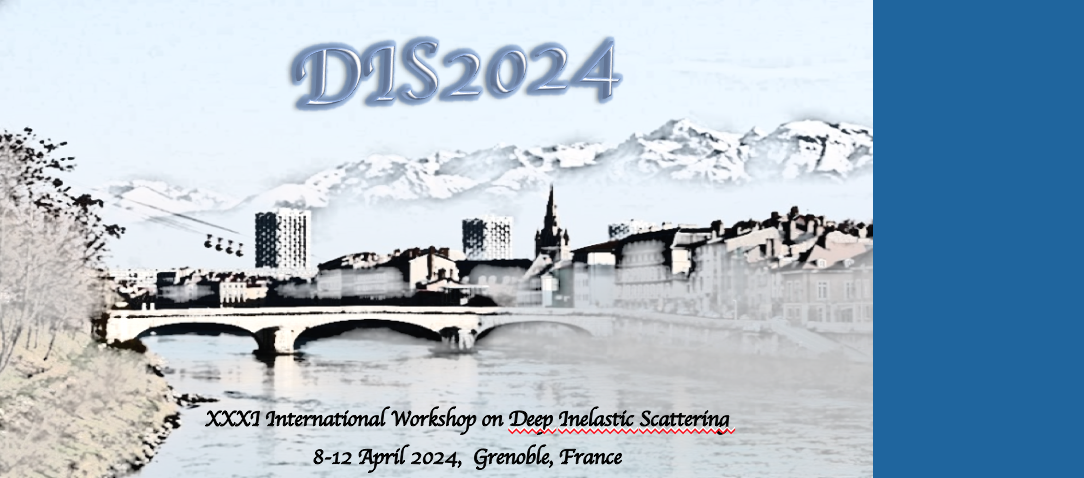Speaker
Description
The current scientific standard in PDF uncertainty estimation relies either on repeated fits over artificially generated data to arrive at Monte Carlo samples of best fits or on the Hessian method, which uses a quadratic expansion of the figure of merit, the $\chi^2$-function. Markov chain Monte Carlo methods allows one to access the uncertainties of PDFs without making use of quadratic approximations in a statistically sound procedure while at the same time preserving the correspondence between the sample and $\chi^2$-value.
Rooted in Baysian statistics the $\chi^2$-function is repeatedly sampled to obtain a set of PDFs that serves as a representation of the statistical distribution of the PDFs in their function space. After removing the dependence between the samples (the so-called autocorrelation) the set can be used to propagate the uncertainties to physical observables.
The final result is an independent procedure to obtain PDF uncertainties that can be confronted by the state-of-the-art in order to ultimately arrive at a better understanding of the proton's structure

